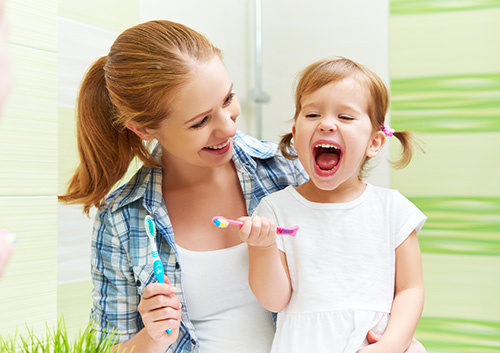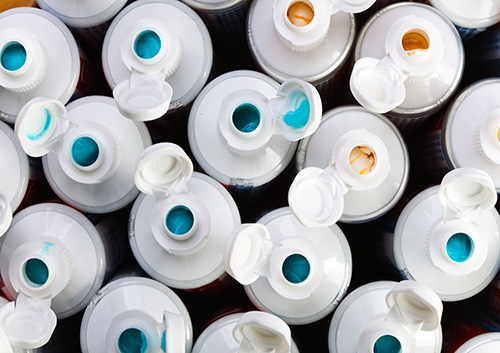Non-Nutritive Sucking Behavior
December 1st, 2021

“Non-nutritive sucking behavior”? That’s a mouthful—literally! This term describes behaviors such as thumb sucking and pacifier use, which are generally healthy, self-soothing activities for infants and toddlers. But, if followed too long, this comforting habit can have uncomfortable consequences for your child’s dental health.
When children are nursed or bottle-fed, placing a nipple in the mouth helps trigger the sucking reflex, enabling the flow of milk or formula. This is called nutritive sucking, because nourishment is the goal. The sucking reflex is so essential that it develops even before birth. And while the purpose of this reflex is nourishment, it provides other benefits as well.
For small children, sucking can be a comfort mechanism to help them cope with stressful situations and calm themselves. That’s why you often see your child sucking on a pacifier, toy, thumb, or fingers when feeling overwhelmed or tired. Non-nutritive sucking behavior, or NNSB, refers to these habits: sucking without nutritional benefit.
Such habits are extremely common in young children. Most children stop sucking their thumbs or pacifiers between the ages of two and four, and often even earlier. But if your child hasn’t, it’s a good idea to talk to Dr. Varble, Dr. Dill, Dr. Wong, and Dr. Parks about easing your child away from this familiar habit before the permanent teeth start to arrive.
Why? Because when sucking behavior lasts too long, it can have orthodontic consequences. Just as the gentle pressure of braces or aligners can help shift teeth and jaws into the proper alignment, the pressure from sucking thumb and pacifier can push growing teeth and jaws out of alignment.
- Studies have shown a clear link between NNSB and malocclusions, or bite problems. These include overjets (protruding upper teeth), open bites (where the upper and lower teeth don’t make contact when biting down), and crossbites (where one or more upper fit teeth inside lower teeth).
- As young bones are still growing, prolonged, vigorous sucking can affect the shape and size of a child’s palate and jaw.
- When the teeth are pushed out of alignment, difficulties with pronunciation, such as lisps, can develop.
Sucking habits can be difficult to give up. If your child is still self-comforting with the help of thumb or pacifier past age three, and certainly if you’ve noticed any changes in teeth or speech, there are several gentle, positive steps you can take to protect your child’s dental health.
- Talk to Dr. Varble, Dr. Dill, Dr. Wong, and Dr. Parks about strategies for weaning your child from pacifier and thumb, as well as possible comforting substitutes. Your healthcare team can offer suggestions for making this transition as easy as possible for your child—and for you!
- Discuss recommendations you’ve found in books or online which might be a good match for your child’s personality. Whatever you decide on, whether it’s a gradual phasing out, small rewards, a goals chart, or any other method, use positive reinforcement and plenty of encouragement.
- Set easy goals at the beginning, such as going thumb-free while playing a game, or enjoying a favorite video, or any stress-free activity, to give your child a feeling of accomplishment to build on.
- Be proactive with orthodontic health. One good idea is to schedule an orthodontic visit when your child is around the age of seven—or earlier if you notice problems with tooth alignment, speech, or bite.
Thumb sucking and pacifier use can be important, instinctive sources of comfort for very young children. And, of course, NNSB is not the only cause of childhood malocclusions. Many bite problems are genetically based and/or affected by the size and shape of your child’s teeth and jaws.
But eliminating the preventable oral health problems caused by prolonged non-nutritive sucking behaviors—that’s an opportunity we can’t afford to pass up. After all, wanting to ensure healthy, confident smiles for our children is instinctive parental behavior!






